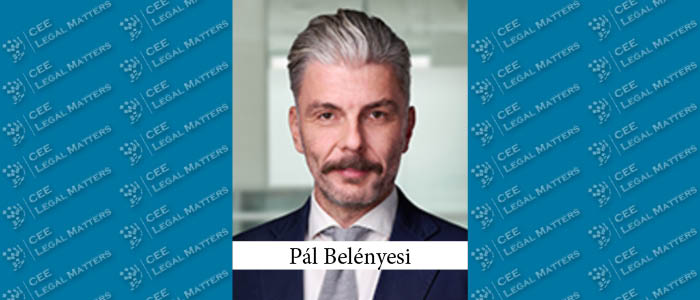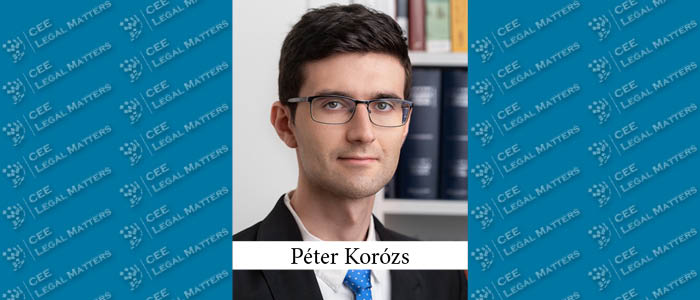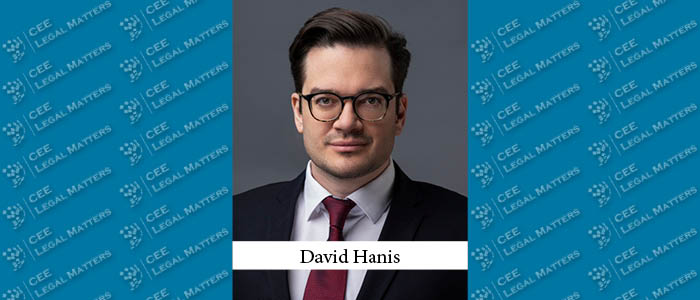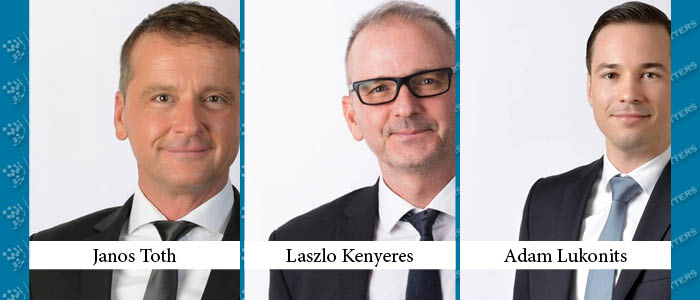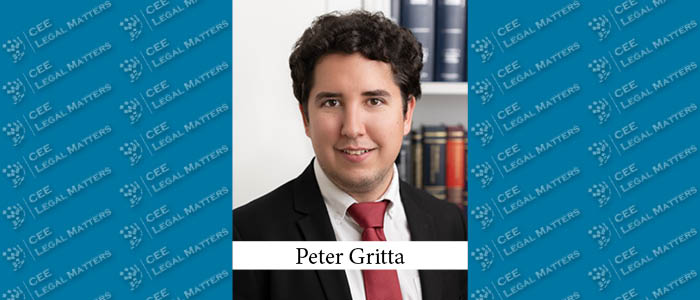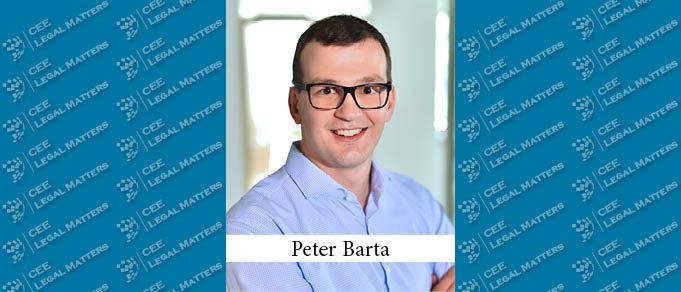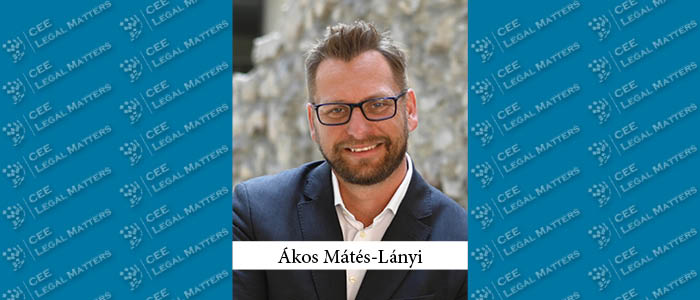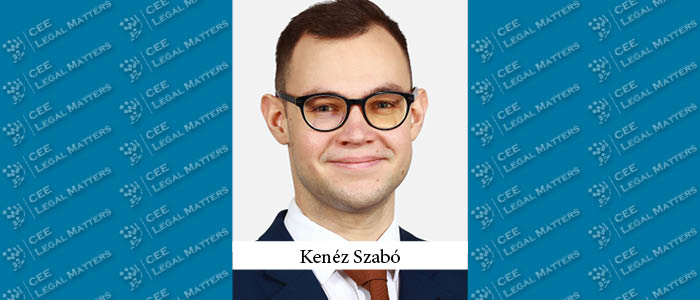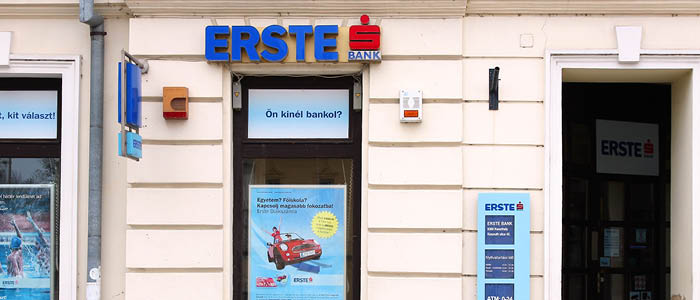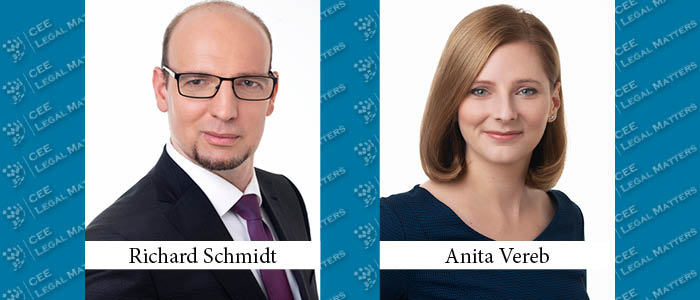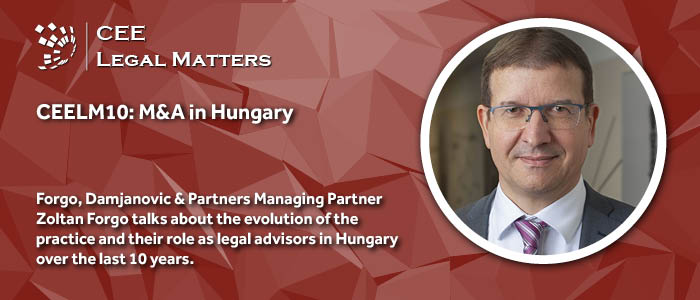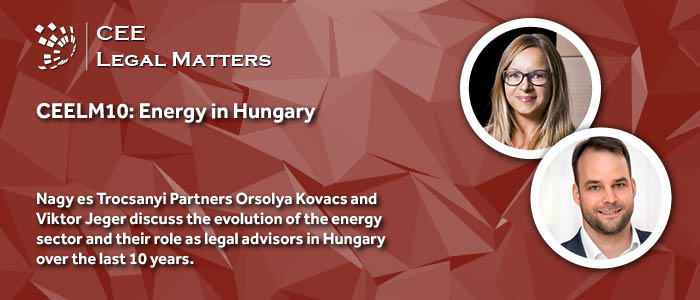There is nothing new in fancying competitiveness. There is also little that one can meaningfully add to the dialogue. Yet, it is surprising how the subject of “Europe’s competitiveness” climbs up the ladder of timely discourses, and repeatedly does so; finds its way onto the list of “final novel plans”, “last grand projects”, or, for the matter of pure practicality, to agendas of the European Union’s presiding troika.
New Hungarian Construction Act Adopted – Significant Changes Ahead
Aiming to create a modern, transparent, and unified regulatory framework by replacing the current fragmented regime, the new Hungarian Construction Act was adopted in December 2023.The new Act makes such substantial changes that most of its provisions will enter into force in phases between 2024 and 2027. In the following, we outline the basic features of the new Act.
Schoenherr Advises Standard Motor Products on Acquisition of Industrial Facility
Schoenherr has advised Standard Motor Products on its acquisition of an industrial facility in Hungary from Mektec Manufacturing Corporation Europe HU. The sellers were represented by solo practitioner Peter Zsadon.
David Hanis Makes Partner at Oppenheim
David Hanis has been appointed as a new Partner with Oppenheim.
Schoenherr Advises Ceres Pharma on Acquisition of Innopharm & VitaPlus in Hungary
Schoenherr has advised Ceres Pharma on the acquisition of the Hungarian pharmaceutical companies VitaPlus and Innopharm, including their Innopharm Austrian subsidiary.
Norton Rose Fulbright Advises Inter Cars on PLN 2.54 Billion Sustainability-Linked Financing
Norton Rose Fulbright has advised Inter Cars on the extension, increase, and reorganization of its senior facilities in the aggregate amount of approximately PLN 2.54 billion (USD 642 million). Kinstellar, Magnusson, Kelemenis, and Glimstedt reportedly advised on the matter as well.
Allen & Overy Advises CMC on Sale of Solar Plant to MVM Group
Allen & Overy has advised CMC Europe on the sale of a 100-megawatt combined capacity solar plant in Kaposvar, Hungary to MVM Green Generation. Reportedly, Kinstellar advised MVM Green Generation.
On Steep Hills: Hungary Tightens Rules on the Clearance of Foreign Investments
The current rules on foreign direct investments (FDI), which are already quite restrictive, will be tightened further from January next year: the current exemptions will be narrowed, and the Hungarian State will have a right of first refusal for solar power plant investments. The government is trying to address a long-standing and sensitive issue for domestic energy policy, while also affecting other non-renewable investments by tightening the exemptions.
Can the Employer Unilaterally Change the Place of Work in Hungary?
In its recent judgment, the Supreme Court of Hungary examined the right of the employer to unilaterally determine the employee’s place of work, within the geographical area stipulated in the labour contract. In our article we examine what aspects shall the employer take into account and what are the employee’s rights in such cases, based on Hungarian case law.
Changes to Hungary’s Immigration Rules
As of 1 January 2024, the Hungarian Parliament is expected to introduce a new framework for the conditions of residence and employment of third-country nationals in Hungary, significantly rewriting the existing rules.
The Hungarian Regulation on Foreigner's VAT Refund Violates EU Rules, According to the Advocate General's Opinion
According to the opinion released yesterday by the advocate general of the European Court of Justice, the Hungarian regulation that prohibits foreign taxpayers from submitting their documents in the second instance (appeal) procedures in VAT refund cases violates European law. If the final judgment will align with this opinion, it would not only simplify the process for foreign businesses to claim VAT refunds in Hungary but would also open the possibility to reclaim previous VAT payments.
Understanding Legal Compliance for Domestic Businesses in Hungary
In Hungary, adherence to regulatory requirements is pivotal for the operations of domestic legal entities or businesses. Recently, there have been discussions regarding the significance of possessing a domestic bank account as mandated by Hungarian law, and the implications for companies failing to meet these criteria.
Public Authorities Stress the Importance of the Fairness of Public Procurements in Hungary
Technical guidance published on the websites of the Hungarian Competition Authority (HCA) and the Public Procurement Authority in November 2023 on corruption risks and cartel agreements affecting the fairness of public procurements.
Cerha Hempel Advises EBRD on Sale of Stake in Erste Bank Hungary to Erste Group Bank
Cerha Hempel, working with the Italian offices of K&L Gates, has advised the EBRD on the sale of a 15% stake in Erste Bank Hungary to the Erste Group Bank. Addleshaw Goddard reportedly advised the Erste Group Bank.
Is it Easier to Set-Off Claims in Hungary After Recent Supreme Court Judgment?
Do defendants need to make a formal setoff statement against the creditor’s claim in front of the judge to extinguish the claimant’s claim? Or is it enough to refer informally to an earlier setoff made by them prior to the litigation? A fresh decision of the Hungarian Supreme Court, analysed in this article, gives answer to these questions.
CEELM10 Roundtable: A Decade of M&A in CEE
On November 21, 2023, corporate/M&A and private equity experts from Bulgaria, Greece, Hungary, Kosovo, Moldova, Romania, Serbia, Slovakia, Turkiye, and Ukraine sat down for a virtual round table moderated by CEE Legal Matters Managing Editor Radu Cotarcea to discuss the key developments in the field over the past decade.
CEELM10 Interview: A Decade of M&A in Hungary
Forgo, Damjanovic & Partners Managing Partner Zoltan Forgo talks about the evolution of the practice and their role as legal advisors in Hungary over the last 10 years.
CEELM10 Interview: A Decade of Energy In Hungary
Nagy es Trocsanyi Partners Orsolya Kovacs and Viktor Jeger discuss the evolution of the energy sector and their role as legal advisors in Hungary over the last 10 years.

